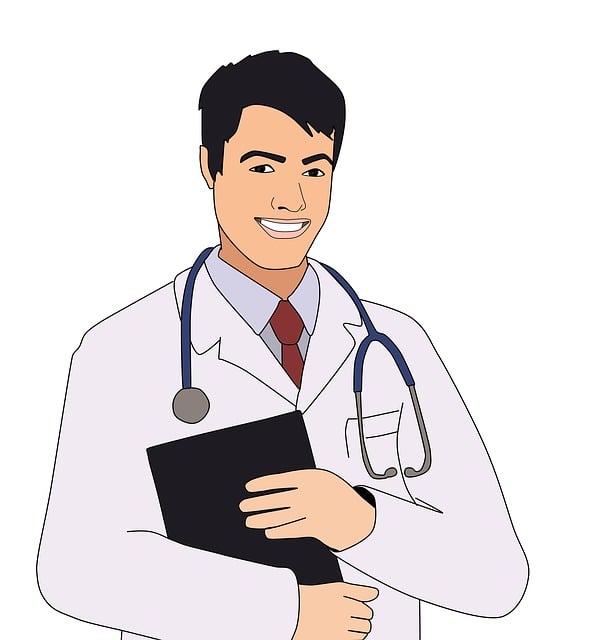Understanding Chronic Kidney Disease: Causes, Symptoms, and Treatment
“`html

Chronic Kidney Disease (CKD) is a progressive condition that affects millions of people worldwide. Understanding this disease is crucial, as it can lead to serious health complications if left untreated. In this article, we will explore the causes, symptoms, and treatments available for CKD, providing you with a comprehensive overview of this condition.
What is Chronic Kidney Disease?
CKD occurs when the kidneys gradually lose their ability to filter waste and excess fluids from the blood. This can lead to the accumulation of waste products in the body, which can be harmful. CKD is often asymptomatic in its early stages, making it essential to be aware of its risk factors and symptoms.
Causes of Chronic Kidney Disease
Several factors can contribute to the development of CKD. The most common causes include:
- Diabetes: High blood sugar levels can damage the kidneys over time, making diabetes the leading cause of CKD.
- Hypertension: High blood pressure can cause damage to the blood vessels in the kidneys, impairing their function.
- Glomerulonephritis: This is an inflammation of the kidney’s filtering units, which can lead to CKD.
- Polycystic Kidney Disease: A genetic disorder characterized by the growth of cysts in the kidneys.
- Prolonged use of certain medications: Some over-the-counter and prescription medications can be harmful to the kidneys when used long-term.
Symptoms of Chronic Kidney Disease
As CKD progresses, symptoms may become more apparent. Some common symptoms include:
- Fatigue and weakness
- Swelling in the feet and ankles
- Changes in urination patterns (increased or decreased frequency)
- Shortness of breath
- Persistent itching
- Metallic taste in the mouth
Many of these symptoms can be attributed to other health issues, making regular check-ups important for early detection.
Treatment Options for Chronic Kidney Disease
While CKD is a chronic condition, various treatment options can help manage its progression and symptoms:
| Treatment | Description |
|---|---|
| Lifestyle Changes | Adopting a healthy diet, controlling blood pressure, and managing blood sugar levels. |
| Medications | Medications to control blood pressure, cholesterol, and electrolyte levels. |
| Dialysis | A procedure to remove waste and excess fluid from the blood when the kidneys can no longer perform this function. |
| Kidney Transplant | Replacing the failed kidney with a healthy one from a donor. |
Regular monitoring and consultation with a healthcare professional are essential for managing CKD effectively. Early intervention can significantly impact the quality of life and slow the progression of the disease.
Watch This Video for More Information
Living with CKD can be challenging, but understanding the causes, symptoms, and treatment options can empower patients and their families. If you suspect you may have CKD or are at risk, consult with a healthcare professional to discuss your concerns and get tested.
For more information, check out these resources:
“`
